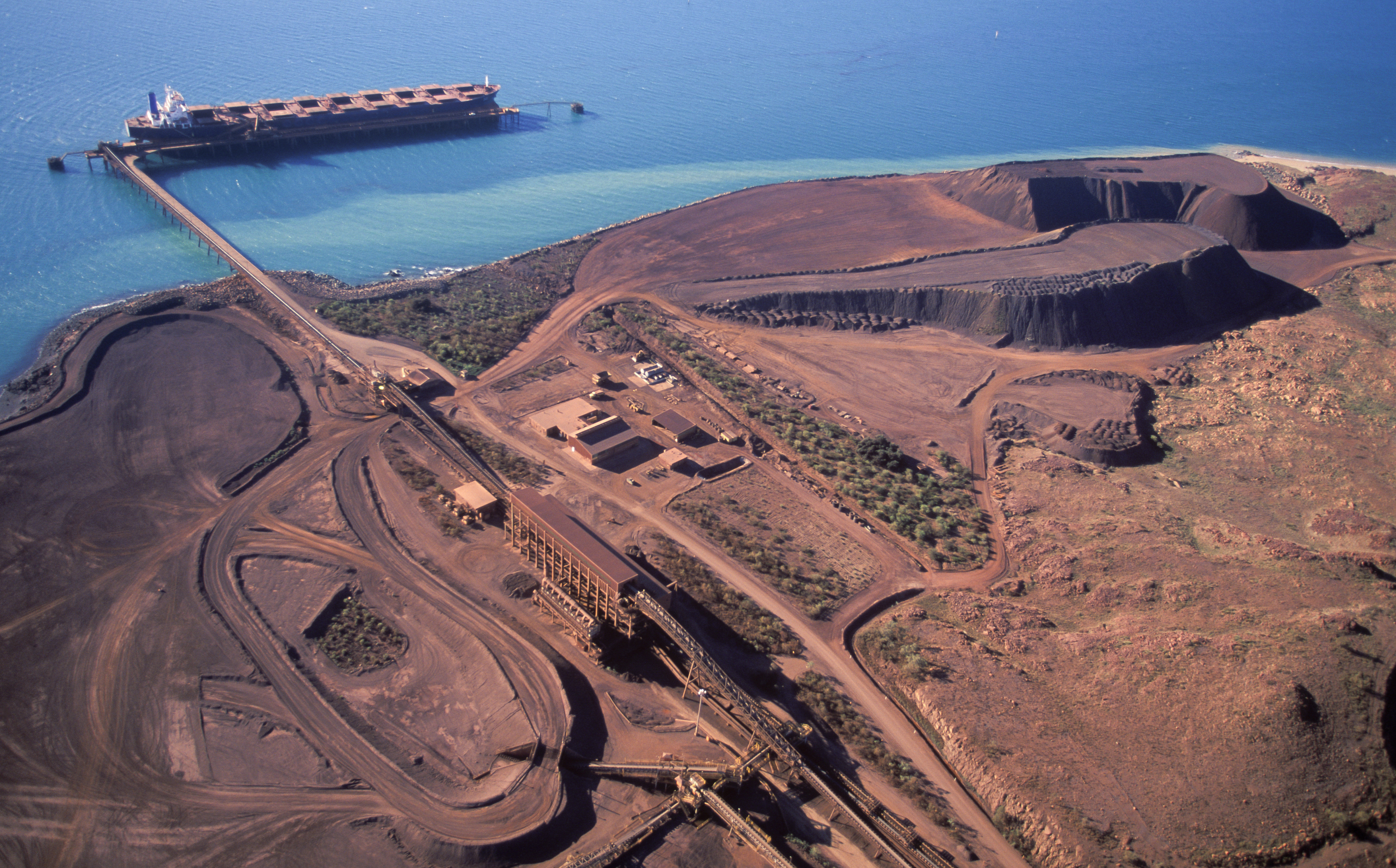In an exclusive interview, CEO of supply chain solutions provider Dints International, Geoff de Mowbray, says that innovations in supply chain management and supply chain finance will become increasingly important for West African mining, which currently suffers from low commodity prices and the ominous sceptre of the Ebola crisis.
“We see a lot of opportunity in the market,” he tells GTR. “There are many commercial challenges and those firms that act fast will have the best results.”
“From a supply chain perspective, there is so much they have to contend with, and a lot of places are hard to get to. But there’s a lot of scope for streamlining supply chains and lowering overall costs.”
For de Mowbray, IT, finance and logistics are the main areas that, together with the correct planning and processes, can better combine to make mining supply chains more open and more efficient. “These instruments are already in existence but they need bringing together to form integrated solutions.”
“For example,” he says, “it could mean bringing a managed parts supply together with a consignment stock model, meaning a mine does not hold excess stock ‘just in case’, but that material is available immediately when it needs it and the mine only has to pay once it is used, thereby freeing cash flow.”
Iron ore prices fell to US$82 per dry metric tonne in September, their lowest level for five years, according to Index Mundi, and some mines have closed as a result. The Kalsaka mine in Burkina Faso, operated by Amara Mining, fell into administration in August for being unable to pay contractors.
“Mines that are managed well will survive and will trade,” says de Mowbray. “But some projects may be fundamentally flawed, and many big names stand to lose a lot of money.”
“The economies of scale, in iron ore especially, are huge. Gold, for example, has slightly lower cost barriers to entry, but it wouldn’t be a surprise to see more firms going into administration. There’s always so many forces at play,” he adds.
For de Mowbray, the Ebola epidemic adds to the “perfect storm” of negative market conditions which may see mining struggle, particularly in Liberia, and supply chain innovation will be important going forward.
“There’s a lot of good innovation out there, and it’s likely there’ll be a lot more mergers,” he says.
“It’s really quite scary in many ways. Ebola will cause logistical nightmares for companies operating in West Africa, and Liberia in particular is going to take a lot of time to recover.”







